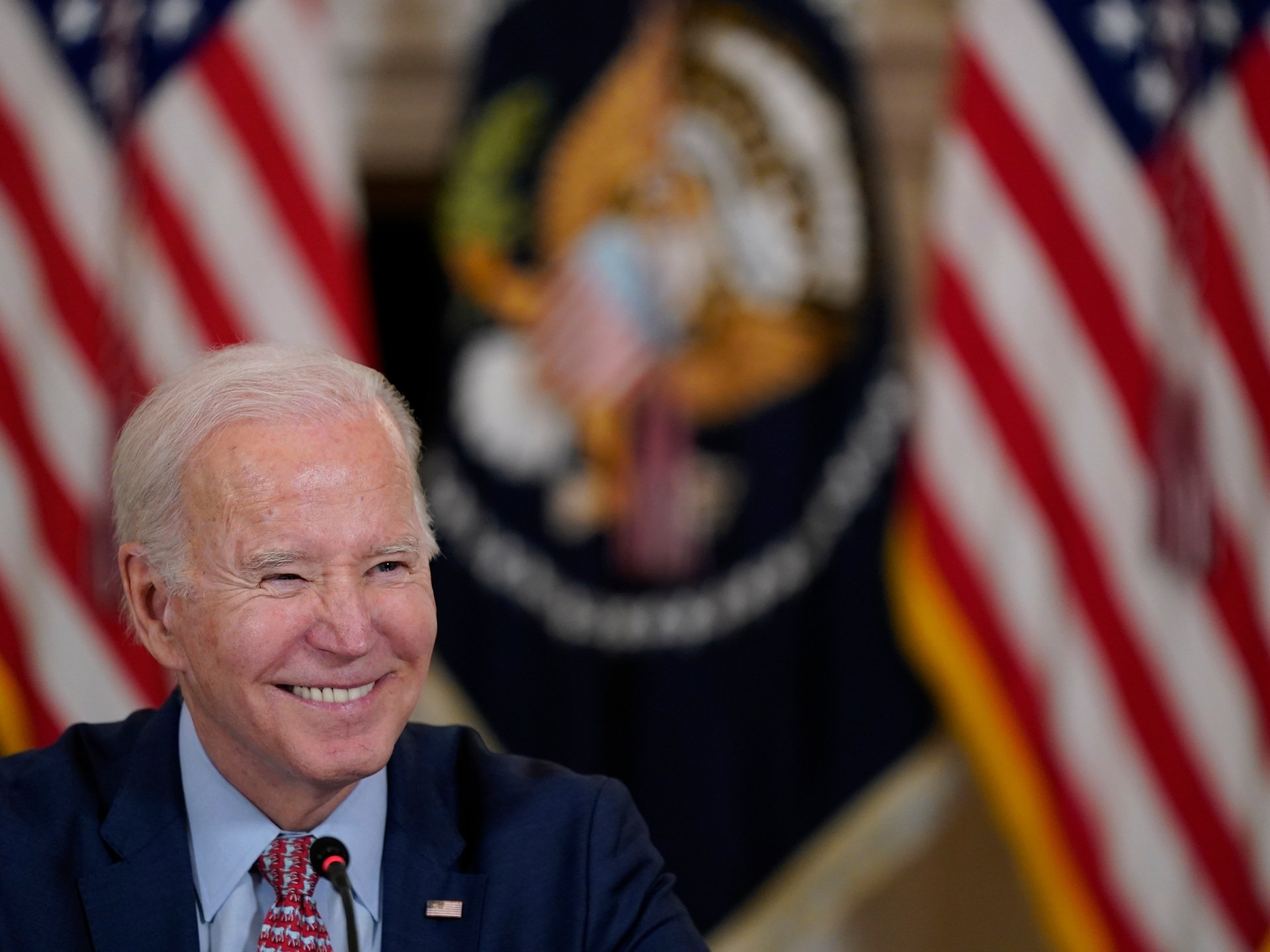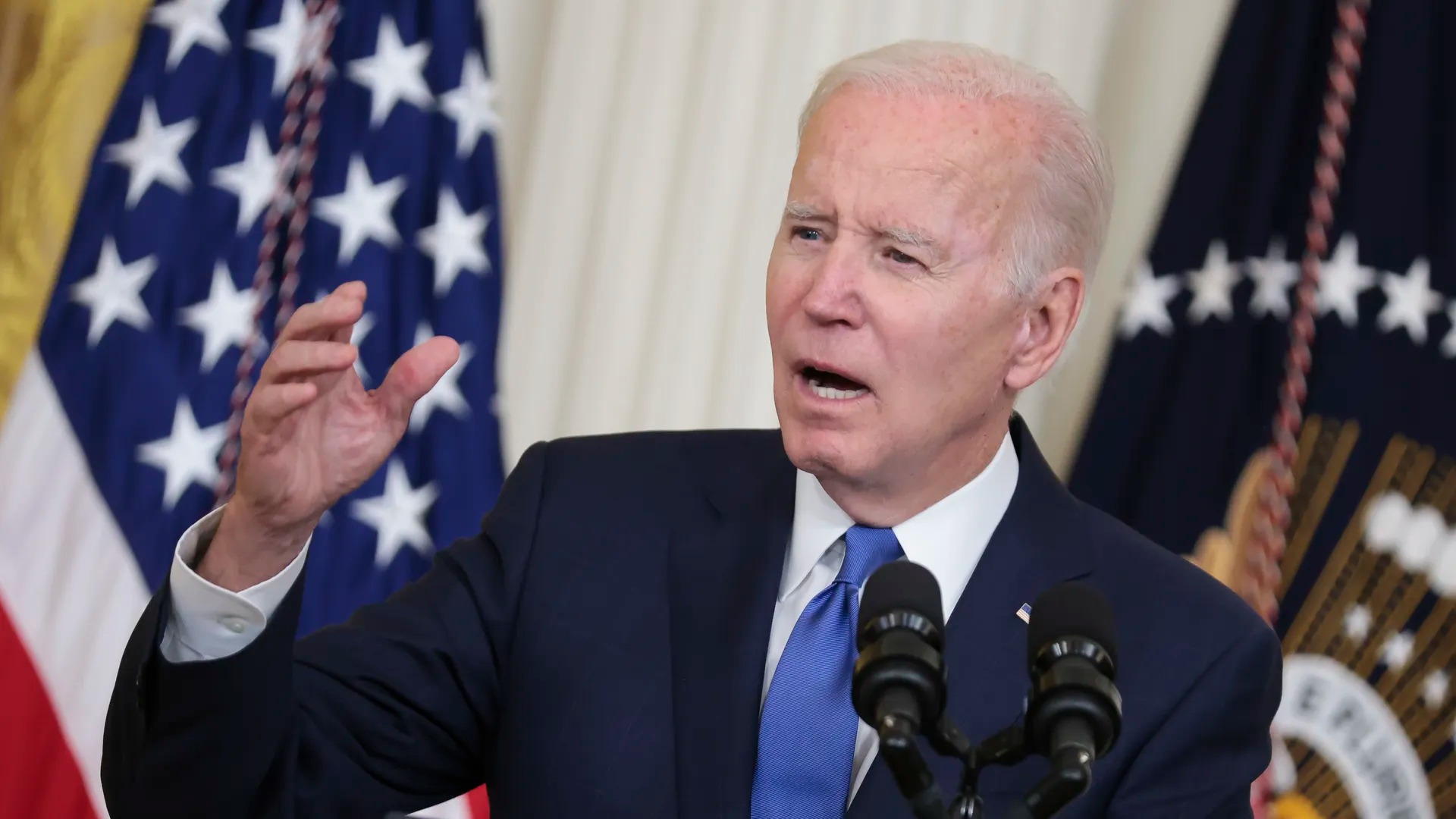In February, I found myself in a polling booth for the first time in my life, a 33-year-old woman newly minted as a citizen of the United States. As I scanned the ballot, the stark choice between Joe Biden and “no preference” for president confronted me.
This decision weighed heavily on my mind for someone deeply invested in foreign policy, particularly concerning conflicts like those in Gaza. Ultimately, I abstained from voting in the presidential race, focusing instead on down-ballot candidates.
Little did I know that my abstention would later become part of a larger movement. In North Carolina’s Democratic primary on March 5, many voters opted for the “no preference” option, echoing a similar protest campaign in Michigan.

This movement, driven by Arab and Muslim communities, aimed to send a powerful message to the Biden administration regarding its handling of the Gaza conflict.
The sheer number of “no preference” votes in North Carolina, surpassing even the margin by which Donald Trump won the state in 2020, underscores the significance of this protest.
As a pivotal battleground state, North Carolina’s voting patterns can potentially influence the outcome of the general election in November.
The substantial increase in protest votes compared to previous primaries signals a challenging road ahead for Biden if he fails to address the concerns of this segment of his base.

These protest votes demand more than just temporary measures or ceasefires. They call for a fundamental shift in U.S. foreign policy towards the Middle East, prioritizing peace and humanitarian aid in Gaza.
While Vice President Kamala Harris’s call for a six-week ceasefire after the Michigan campaign was a step in the right direction, it is clear that many voters are not satisfied with mere gestures.
The challenge for Biden lies in how he responds to these pressures. Will he heed the calls for a permanent ceasefire and redirect U.S. efforts towards humanitarian aid in Gaza?
The outcome of the November 2024 election may hinge on his ability to address the concerns of this vocal segment of the Democratic Party and demonstrate a genuine commitment to peace in the Middle East.


